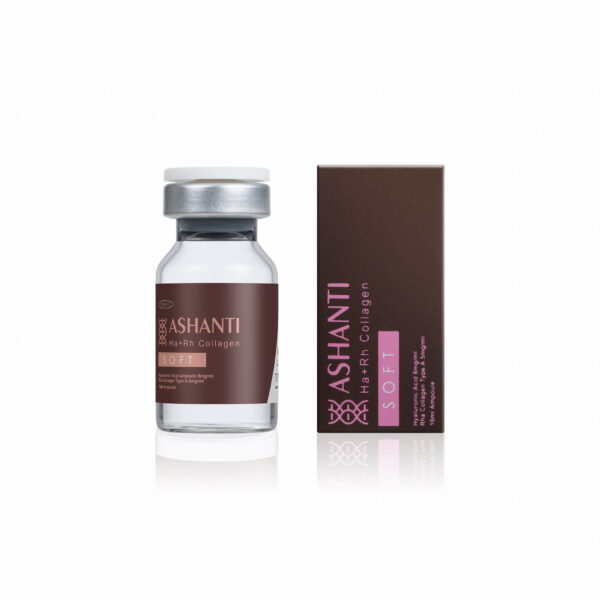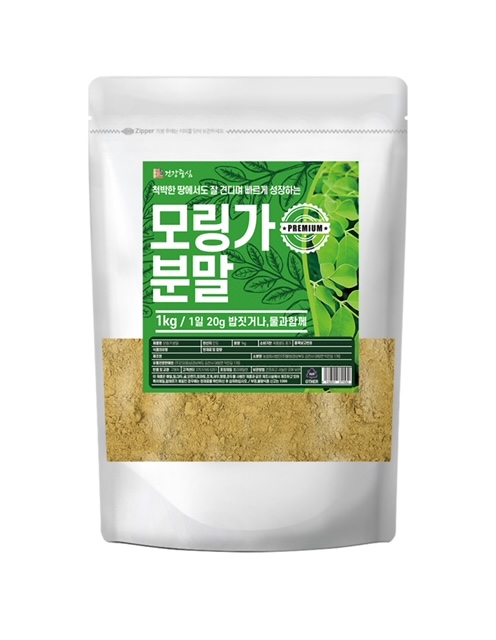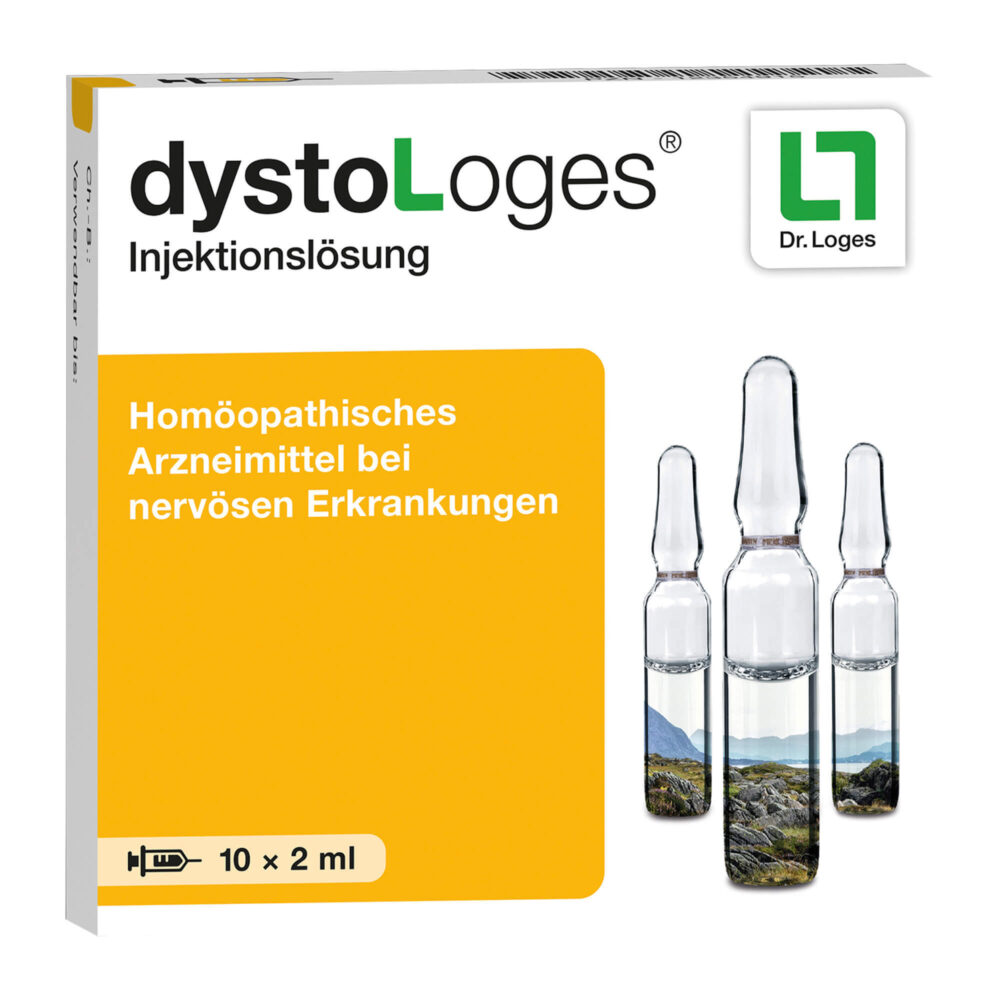Description
Moringa: Benefits, Uses, and Safety
Antioxidant and Anti-Inflammatory
- Protects cells from damage.
- May reduce inflammation and pain.
Key Uses and Benefits
- Asthma: 3 grams twice daily for 3 weeks may reduce symptoms and improve lung function.
- Diabetes: May lower fasting and post-meal blood sugar levels, though impact on long-term control is unclear.
- HIV/AIDS: May increase BMI but does not significantly improve immune function.
- Cholesterol: Effects on lowering cholesterol are mixed; more research needed.
- Breastfeeding: Mixed results on increasing milk production; effectiveness over longer periods is uncertain.
- Malnutrition: Adding moringa to food for 2 months may improve weight in malnourished children.
- Menopause: 3-month use of moringa leaves may ease hot flashes and sleep issues.
- Vitamin A Deficiency: Adding moringa to infant cereal may not improve vitamin A levels.
Additional Conditions
- Unproven Uses: Constipation, headache, heart disease, kidney stones, obesity, skin infections, and others.
- Topical Use: Moringa leaf extract may be safe for short-term skin application.
- Dosage: Commonly used in doses of 6-10 grams daily. Consult with a healthcare provider for personalized dosing.
Safety
- Consumption: Moringa leaves, fruit, and seeds are generally safe as food.
- Short-Term Use: Moringa leaf and seeds appear safe when used as medicine for short durations.
- Caution: Moringa root and bark may be toxic and are possibly unsafe.
Preparation and Forms
- Food Source: Pods cooked like green beans, seeds like peas or nuts, leaves like spinach or dried for seasoning.
- Supplements: Available as powders, extracts, or capsules.
Summary
Moringa offers potential health benefits, particularly for asthma, diabetes, and malnutrition. However, more research is needed to confirm many of its uses. Always consult a healthcare provider before starting any new supplement.





